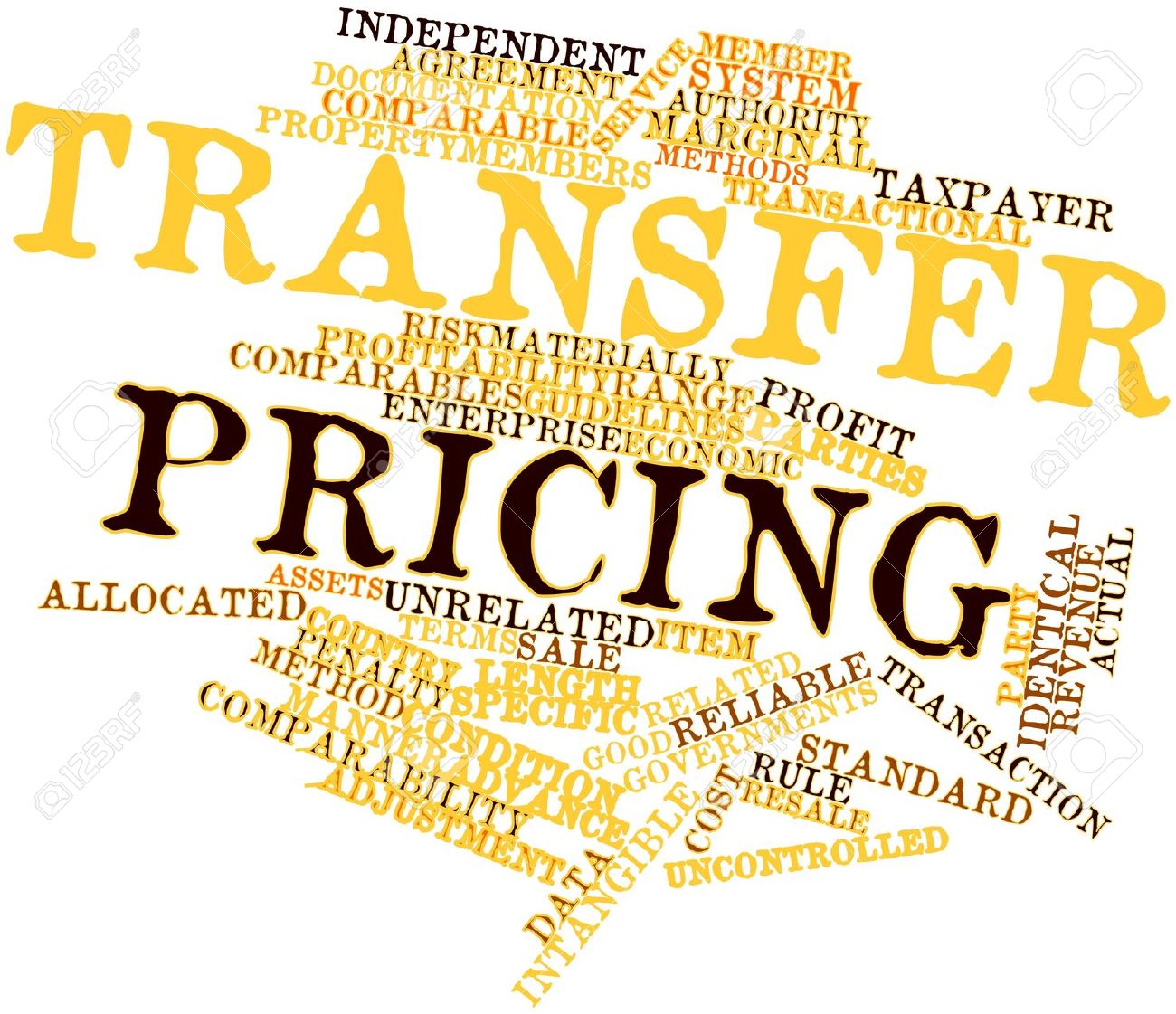When a product is sold from one subsidiary
to another within a company, it is known as transfer pricing. It
influences the purchasing behavior of the subsidiaries
and may have an impact on the income tax for the company as a whole
Transfer prices are usually used when
individual entities of a huge multi-entity firm are measured and treated as
separately run entities. Another name for transfer price is transferred cost.
Methods
of Transfer Pricing
Here are a number of ways which can help
you to derive a transfer price:
·
Market rate transfer price- The
market price is the simplest and most elegant transfer price. This helps the
upstream subsidiary to sell either internally or externally and can earn similar
profits. It can also help you earn the highest possible profit, unlike mandated
pricing schemes, which are subject to the odd profit vagaries.
·
Adjusted market rate transfer
price- If you are unable to get right the market pricing technique then use the
general concept, by making some adjustments to the price. For example, you can
reduce the market price for the absence of bad debts, since corporate
management is likely to intervene and make you pay by force if there is a risk
of non-payment.
·
Negotiated transfer pricing-You
have to negotiate a transfer price between subsidiaries, without considering
any market price as a baseline. The main reason why this kind of situation
arises when there is no discernible market price because of two reasons, one
the market is very small and the second the goods are highly customized. The relative negotiating skills of the
parties impact the prices.

·
The contribution of margin transfer pricing. If you want to derive a transfer price
and there is no market price at all, then substitute it by creating a price
based on a component’s contribution margin.
·
Cost-based transfer pricing.
Ensure that each subsidiary transfers its products to other subsidiaries, on top of which successive
subsidiaries add their costs to the product. Overall it means the final
subsidiary that sells the completed goods to a third party will acknowledge the
entire profit linked to the product.
·
Cost-plus transfer pricing- If
you do not find any market price at all on which you can base a transfer price,
you could consider using a system that can create a transfer price depending on
the cost of the components, which is being transferred. You can do this by adding
a margin onto the cost, where you compose the standard cost of a component, add
a standard profit margin, and utilise the result as the transfer price.
More and number of countries have started
embracing Transfer Pricing (“TP”) and regulations which includes mandatory
documentation, Transfer Pricing has indeed become very complex. In India, with
the ongoing enforcement of Transfer pricing regulations in the country and
continuous adjustments being made, which focusses on both new and more complicated
issues focusses on a reality that TP controversies are the expensive and quite time-consuming thing to
deal with and it results in double taxation of income and may lead to uncertainty.





